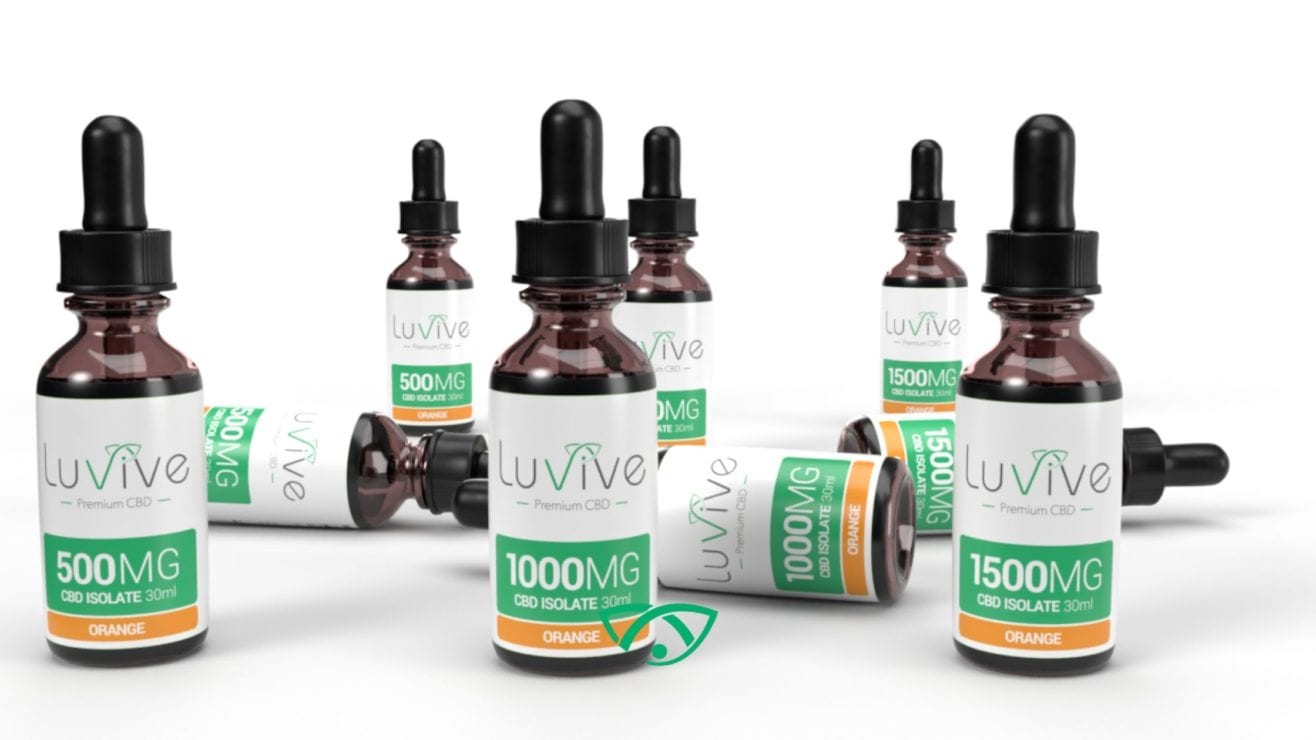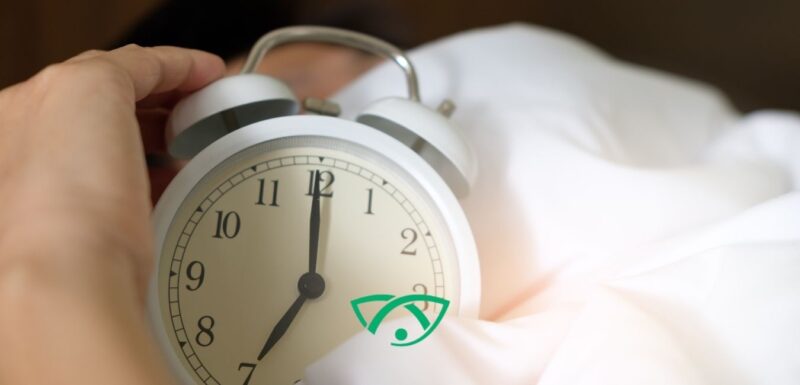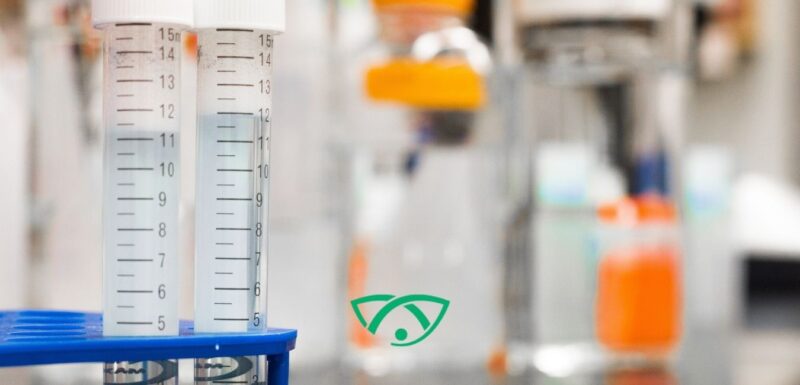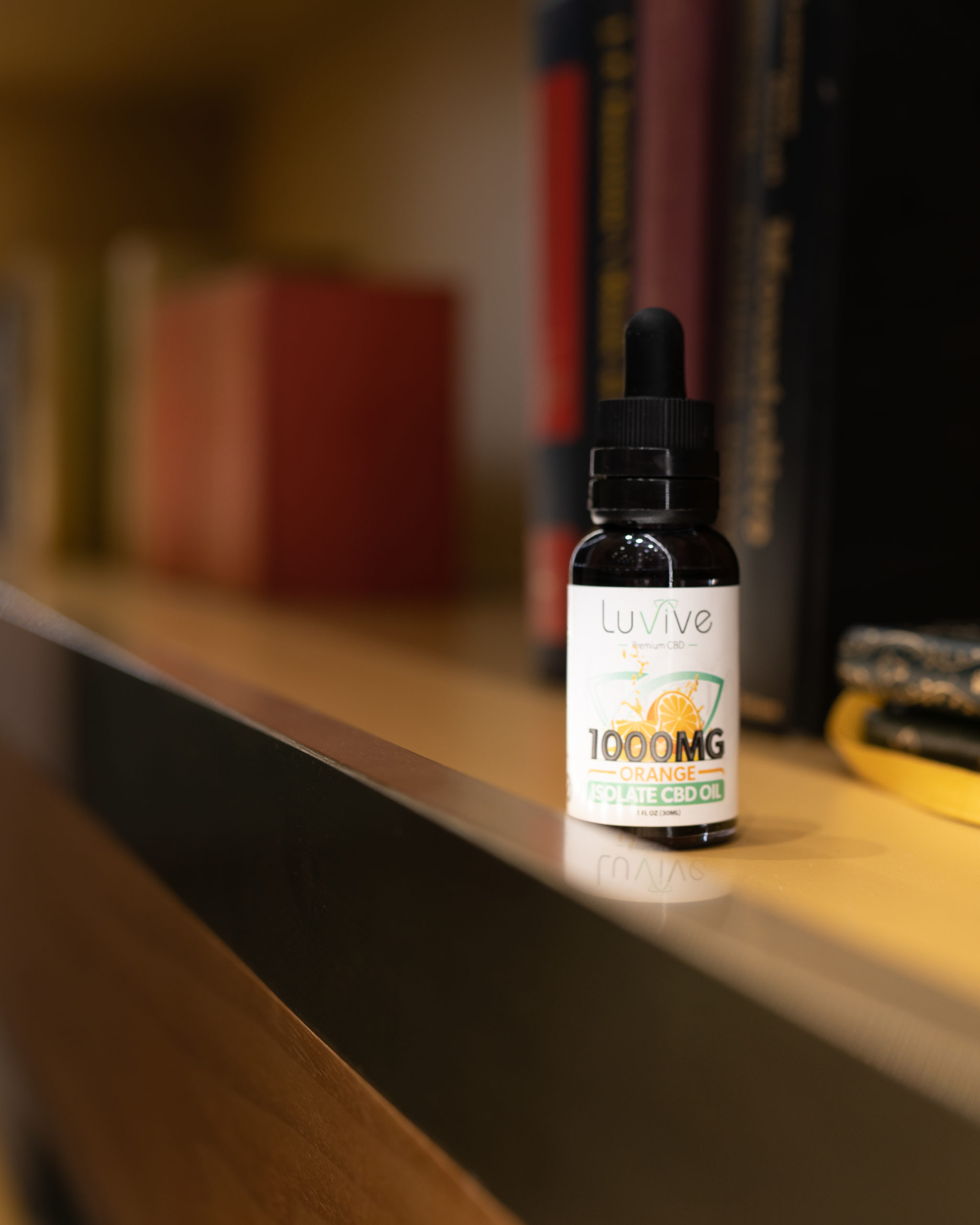Will CBD Show Up On A Drug Test?
CBD has become a popular alternative medicine these days thanks to the 2018 Farm Bill(1) that legalized industrial hemp and thus hemp-derived CBD nationwide. Mounting research has shown CBD to be effective in treating all kinds of ailments, from anxiety to epileptic seizures to insomnia(2).
Because CBD is derived from the cannabis plant, the question regarding whether it shows up on a drug test has been more and more common. The answer is complex, though it is important to understand how it works if you’re going to be using CBD.
Will CBD Show Up On A Drug Test?
Drug tests are made to check for specific drugs, and CBD is not one them. That means no matter how much CBD you might be taking, it isn’t going to show up. Expect drugs like alcohol, THC (the psychoactive compound in cannabis), opiates, amphetamines, cocaine, and benzodiazepines to show up on drug tests, but not CBD.
A lot of drug tests say they are testing for cannabis, but the truth is, they are only testing for THC. THC is the element of cannabis that makes people feel “high.” CBD, also derived from the cannabis plant, does not have an intoxicating effect, so checking for it on a drug test is not necessary.
What If My CBD Has THC In It?
In the US, most drug tests consist of a urine drug screen. Specifically, this test is an immunoassay test. It uses antibodies that attach to specific drugs in order to detect them in a person’s system. For a test to show up positive for a specific kind of drug, there has a high enough level of concentration of it. Any amount under that concentration will produce a negative result for that drug.
Many kinds of CBD contain trace amounts of THC. The quantity is so minuscule, however, that the likelihood that you would test positive for THC after using it is small.
Why Does Some CBD Have THC In It?
If a CBD product is labeled full-spectrum and it is hemp-derived, it by law cannot have more than 0.3 percent THC in it, a very very small amount. If a CBD product is full-spectrum and derived from marijuana, it might have slightly more THC in it, but probably still not enough to register on a drug test. In fact, the THC in CBD products is so low that it is not intoxicating by a long shot. Still, be aware that any amount of THC could show up on a drug test, even if the chance of that happening is next to none.
Scientific research has shown that the medicinal qualities for which many are drawn to CBD are more effective when used in conjunction with the other compounds in the cannabis plant. This means that CBD alone may not be as effective at treating an ailment as if it is used with the other compounds in the cannabis plant. These other compounds include THC, CBN, CBG, and terpenes.
For this reason, many CBD products are full-spectrum, meaning they contain elements of the whole plant and not just isolated CBD. That being said, isolated CBD products are available, for those concerned about drug tests.
Not All Drug Tests Are The Same
While most places of employment use urine drug tests, some use oral swabs or hair tests.
Urine drug tests have low detection thresholds. It is possible that consistent full-spectrum CBD use could lead to testing positive for THC on one of these tests, though it is unlikely. The same goes for oral swabs. They tend to have nearly the same detection thresholds as urine tests.
On the other hand, hair tests can detect smaller amounts of drugs in a person’s system. It is more likely to test positive for THC on a hair drug test than on a urine drug test. However, if your CBD only has trace amounts of THC and you don’t use it excessively, the extremely low concentration of THC in your system will likely still not show up on a hair test.
All in all, your worries about CBD showing up on a drug test are unfounded. And while there is a slim chance that THC could show up if you are using full-spectrum CBD, it’s not likely enough to stress over. On the off chance that you do test positive for THC, tell the truth, and based on the extremely low level of THC in your system, odds are you will get a pass.
*These statements have not been evaluated by the FDA. This product is not intended to diagnose, treat, cure, or prevent any disease.
*Always seek the advice of your physician or other qualified health provider with any questions you may have regarding a medical condition or prior to using any CBD products.



